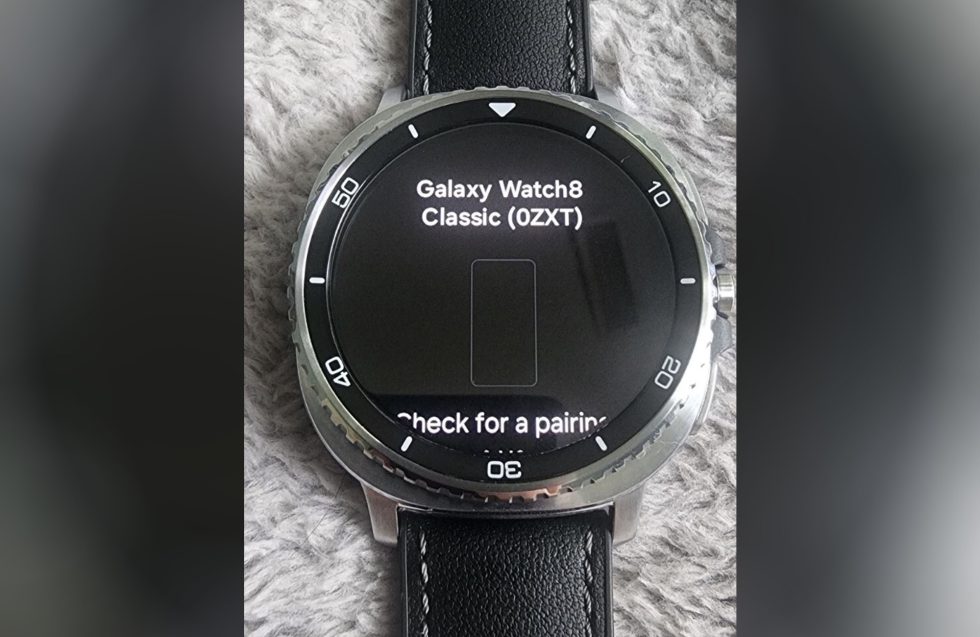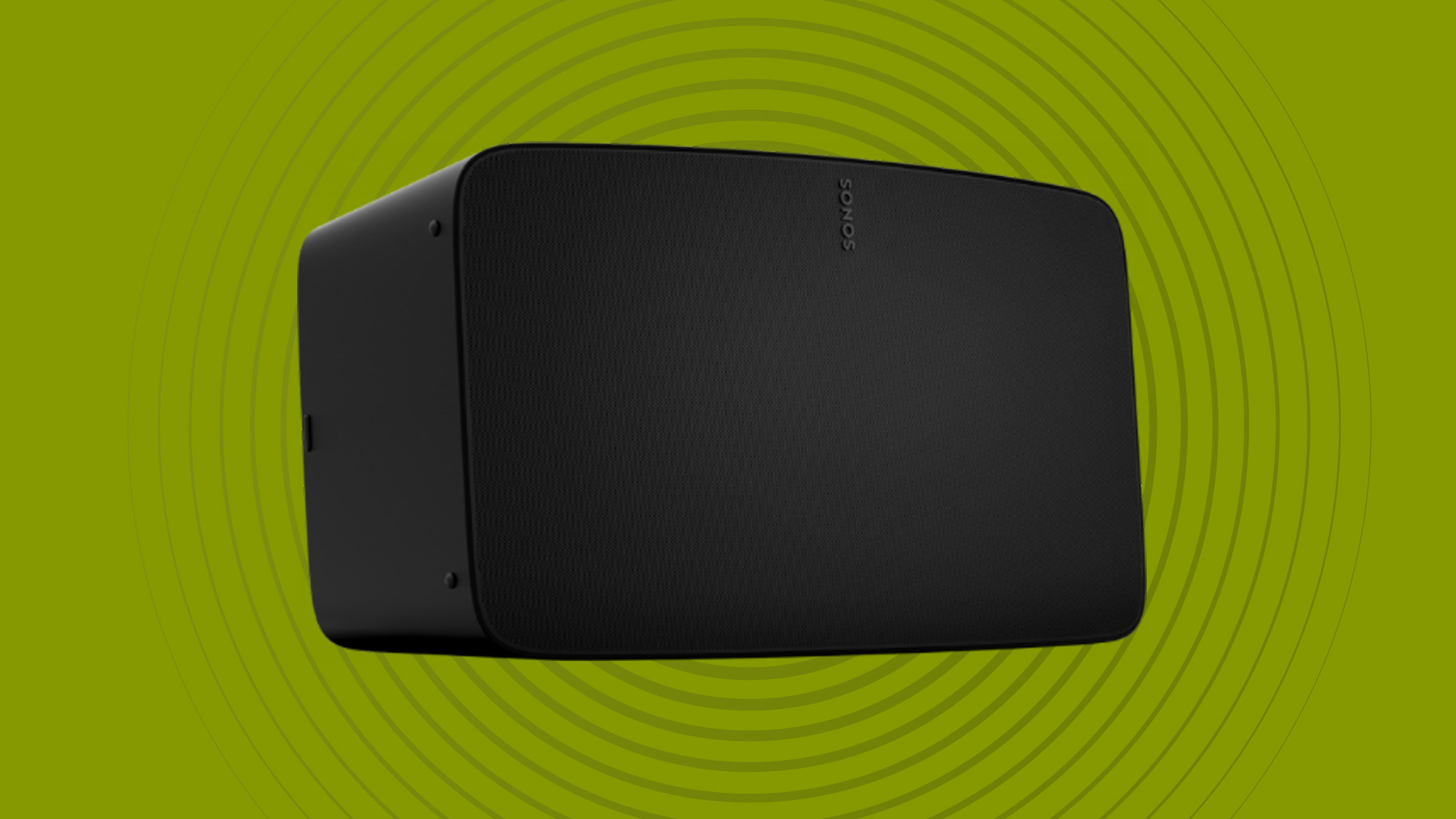Troubling stats from data recovery specialists show smaller external HDDs are 4x more likely to fail than big ones
Data claims smaller external drives fail much more often, mainly due to usage habits, low-quality hardware, and outdated file systems like FAT32.
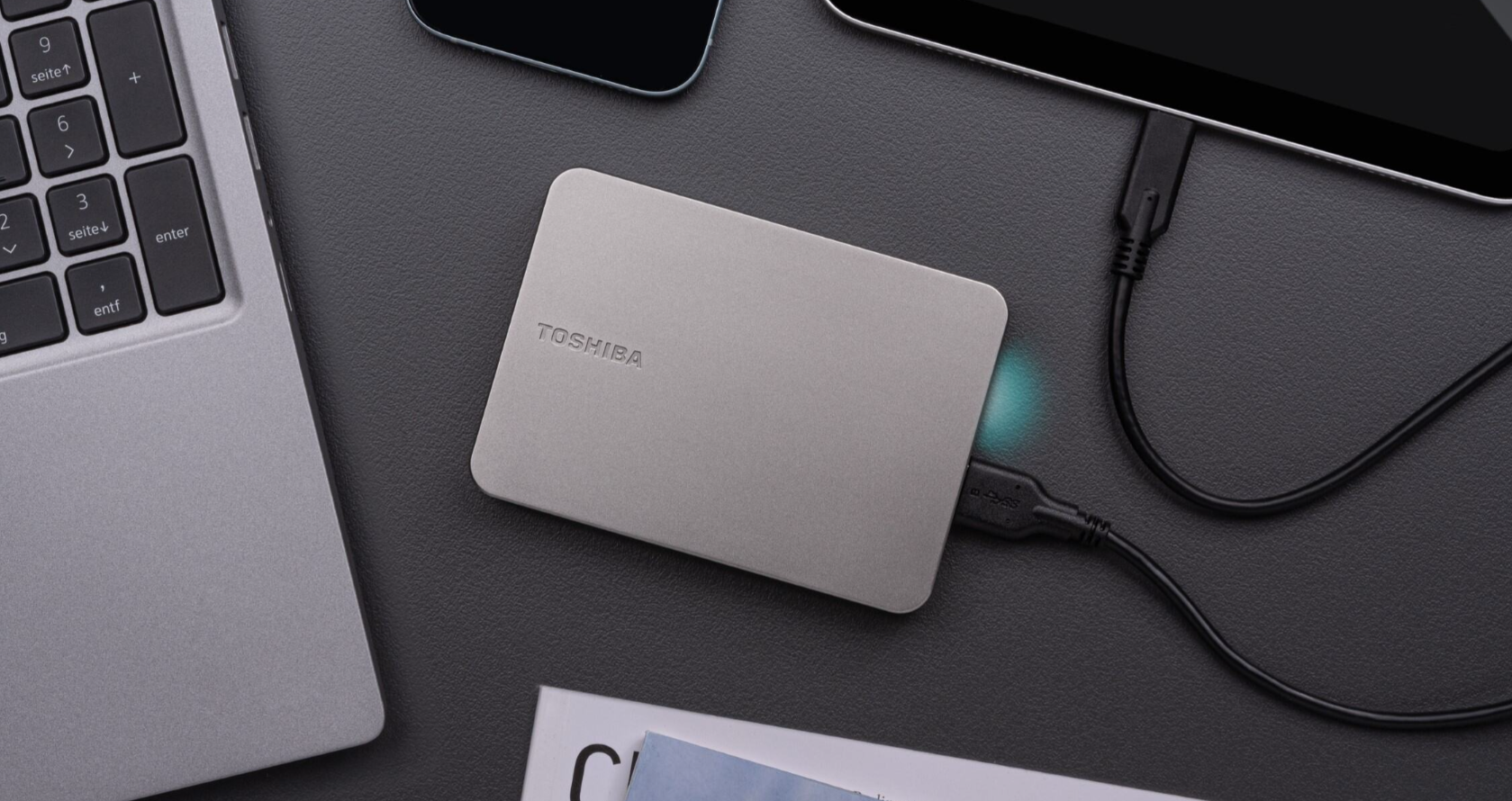
- Report claims small drives face 4x the failure risk compared to their high-capacity counterparts
- Unsafe eject practices raise data loss risk by a staggering 75%, according to researchers
- Frequent transfers and careless use leave tiny drives vulnerable to serious file system damage
New research has revealed a concerning trend in external storage reliability: small-capacity external hard drives are reportedly significantly more prone to failure than their high-capacity counterparts.
Based on data gathered from over three million storage devices in the first quarter of 2025, the report from the EaseUS Data Recovery Lab claims disks under 64GB are approximately four times more likely to suffer data loss compared to drives exceeding 4TB.
The reasons behind this disparity lie in both usage patterns and hardware limitations. Smaller drives are often used for quick file transfers or as temporary backups, making them subject to frequent plugging and unplugging.
Usage habits heighten vulnerability
“Frequent plugging and unplugging, high temperature and high humidity, and sudden power failure during data transmission may lead to file system errors, partition table damage, and data loss,” the report explains.
Users who neglect safe eject practices further compound the issue. The data indicates that logical errors from unsafe removal exceed the average risk by 75%.
From a hardware standpoint, cost-cutting measures in smaller drives can result in lower-quality components.
“Some manufacturers compromise in manufacturing processes and materials to cut costs, such as using low-quality controller chips,” EaseUS warns.
These weaknesses naturally translate into higher failure rates, particularly under prolonged or intensive use.
The file system is another contributing factor. While high-capacity drives often use more robust systems like GPT, NTFS, or exFAT, which are better suited to managing large volumes of data, small-capacity disks still frequently rely on FAT32.
"When storing a large number of small files, the partition table needs to be updated frequently, and the risk of metadata overwriting is high,” the report notes.
Interestingly, SSDs show similar trends, though the failure rate gap is less dramatic. External SSDs under 256GB are about twice as likely to fail as those over 4TB.
This is attributed to similar factors: frequent use, fewer flash chips, and less advanced controllers.
“Small-capacity SSDs have fewer chips. Once they are damaged, the risk of data loss is higher,” the findings state.
Although SSDs are generally more resilient and lack moving components, the report cautions against rough usage and advises careful management.
Users are encouraged to stick to safe handling practices and consider purchasing high-capacity storage from reputable brands to lower their risk.
Using a high-quality portable SSD or external HDD will reduce the chance of data loss, but no solution is perfect. Therefore, having access to the best data recovery software is a wise precaution, especially when dealing with logical errors or accidental deletions.
You might also like
- These are the fastest external HDDs you can buy right now
- And these are the best business laptops available today
- Beyond AI-powered cybersecurity: why context and visibility are still a CISO’s top priority









































































































































































![[The AI Show Episode 151]: Anthropic CEO: AI Will Destroy 50% of Entry-Level Jobs, Veo 3’s Scary Lifelike Videos, Meta Aims to Fully Automate Ads & Perplexity’s Burning Cash](https://www.marketingaiinstitute.com/hubfs/ep%20151%20cover.png)















































































































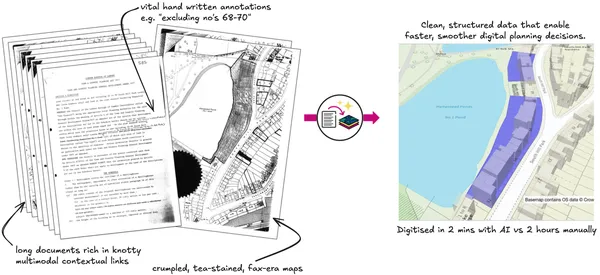



















![From electrical engineering student to CTO with Hitesh Choudhary [Podcast #175]](https://cdn.hashnode.com/res/hashnode/image/upload/v1749158756824/3996a2ad-53e5-4a8f-ab97-2c77a6f66ba3.png?#)








































































































































_WindVector_Alamy.jpg?width=1280&auto=webp&quality=80&disable=upscale#)








































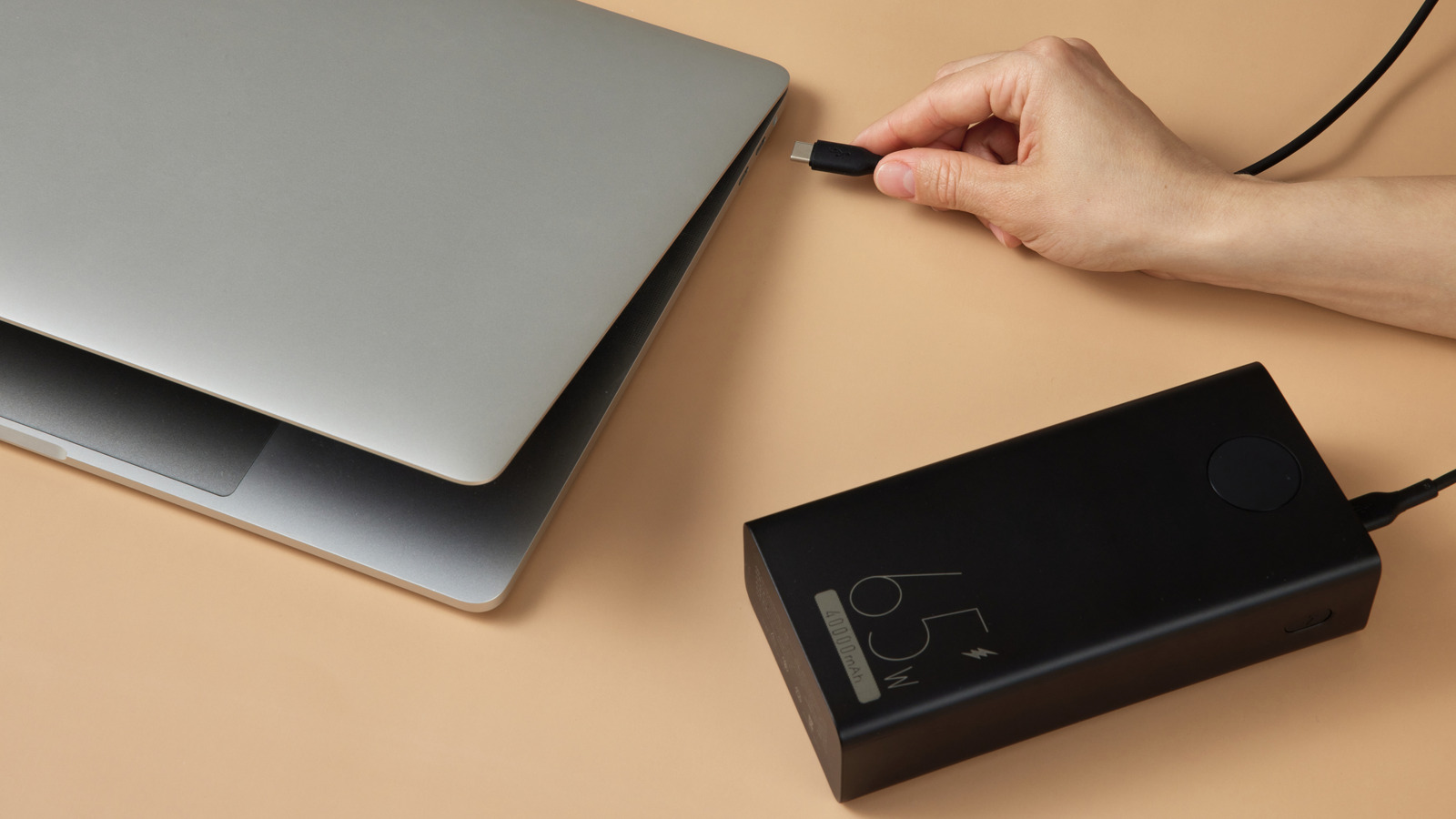






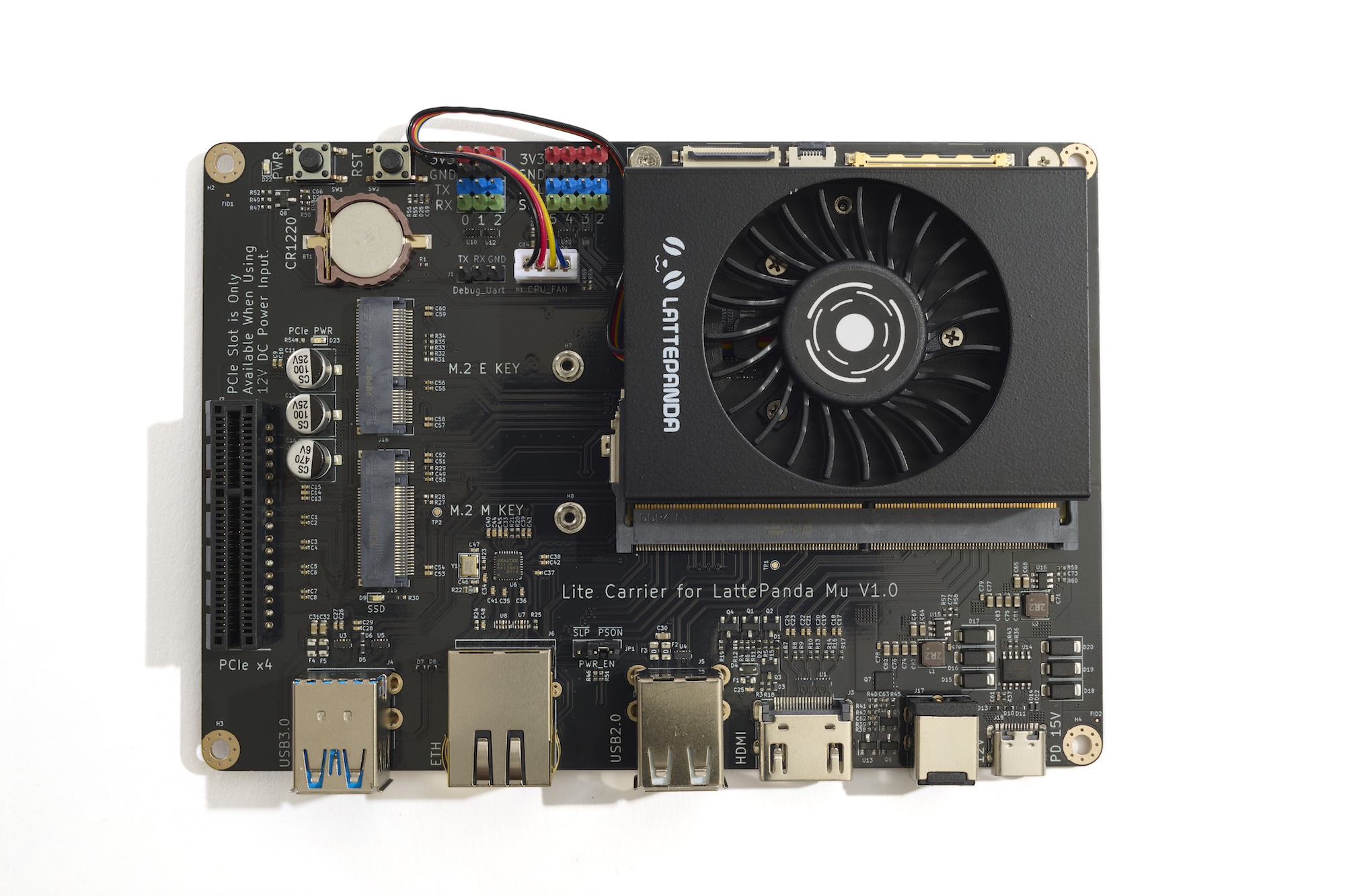





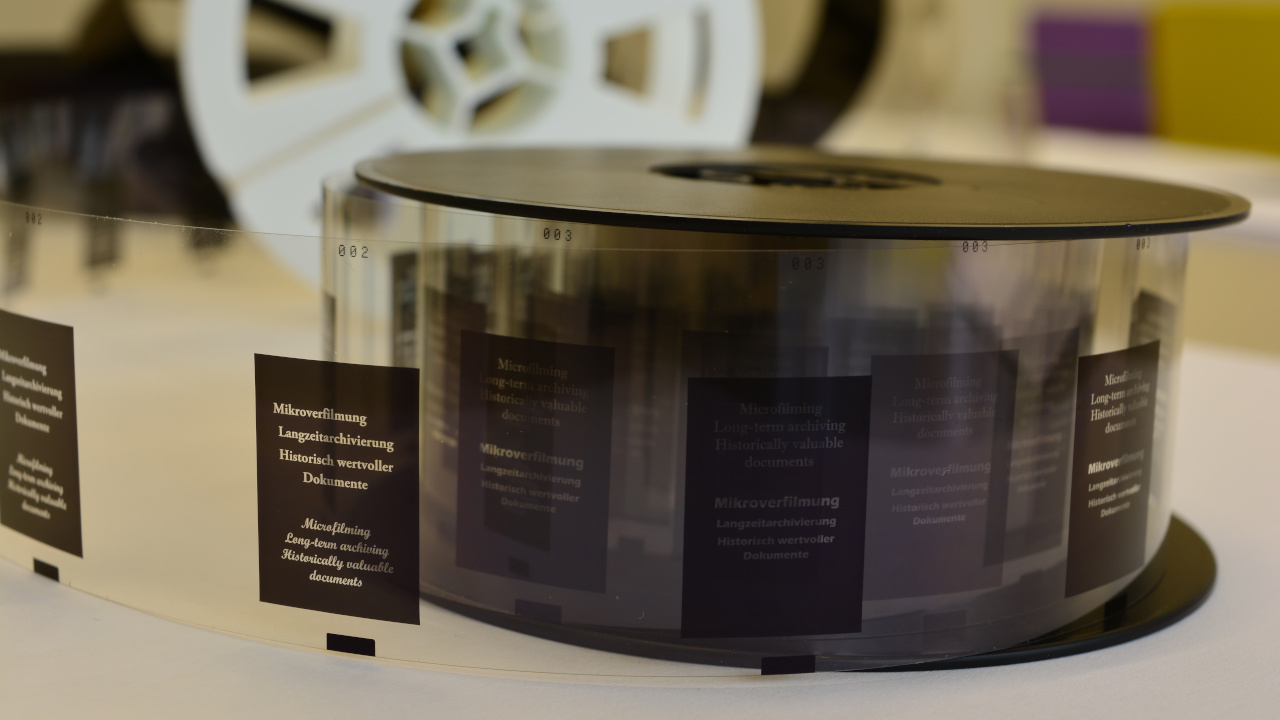










































![Galaxy Watch 8 Classic goes up for sale with hands-on photos showing new design, more [Gallery]](https://i0.wp.com/9to5google.com/wp-content/uploads/sites/4/2025/06/galaxy-watch-8-classic-ebay-1_a53c3c.jpg?resize=1200%2C628&quality=82&strip=all&ssl=1)














![Watch Apple's WWDC 2025 Keynote Here [Video]](https://www.iclarified.com/images/news/97538/97538/97538-640.jpg)

























